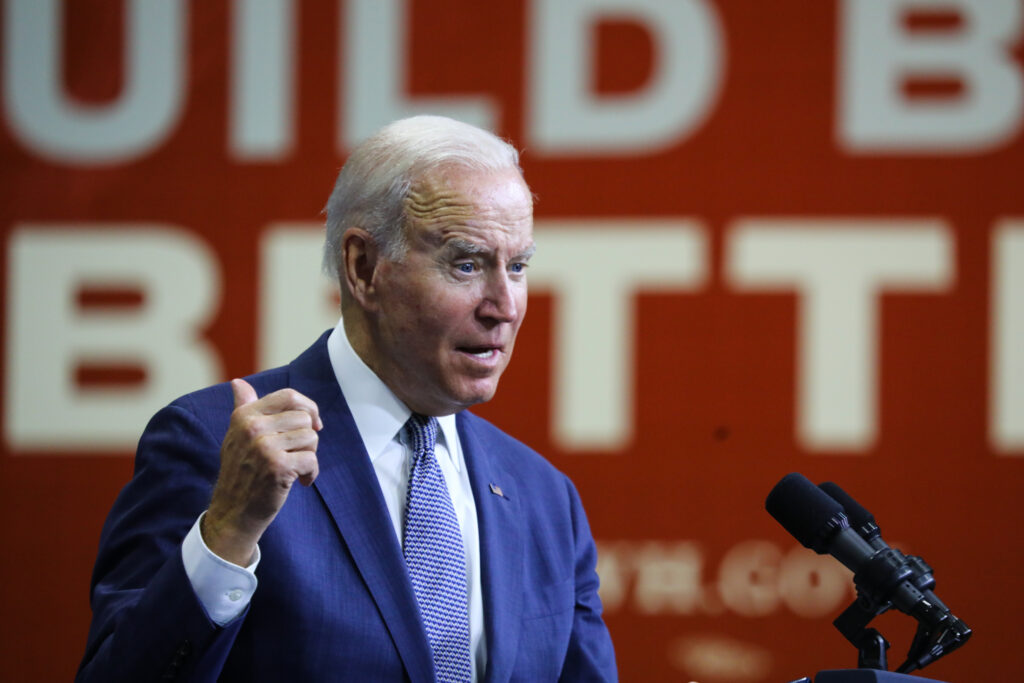For some lawmakers, switching their states from an ad valorem tax on smokeless tobacco products to a unit-based tax is a matter of fairness. For others it is a matter of stabilizing revenue. For others it’s a matter of health.
For a variety of reasons, growing numbers of lawmakers are concluding ad valorem taxes–excise taxes based on the price of the product–should be dropped.
Eight states have gone to a weight-based system for smokeless tobacco since 2005, said Monte Williams, a partner at Shepherd, Williams & Associates, LLC, a consulting firm that specializes in tax issues, with an emphasis on cigarettes and other tobacco products. Seven of them have switched from an ad valorem system. The eighth state, Kentucky, started taxing smokeless tobacco with a weight-based tax.
In all, at press time 12 states now tax smokeless tobacco products based on weight, and in July Utah will switch from ad valorem to a weight-based tax.
‘Huge Disparity’
“Though it’s an uphill fight, states are realizing there is an impact on their revenues and that the ad valorem tax is not doing what it used to do,” said Williams. “There is stuff that wholesales from 70 cents [an ounce] to more than $3. With ad valorem taxes based on price, we have huge disparities in the amount of tax for basically the same products.”
Several years ago cheaper products began hitting the marketplace in a big way. Lower-quality product sales are growing in every state, according to Williams. The average wholesale price of a can of smokeless tobacco has fallen since 2004 in most states.
“Under ad valorem taxation, when there were only premium products, taxes went only up. That’s no longer true,” Williams said. “The average price of a can has dropped because of downtrading to cheaper products.”
He attributes part of the downtrading to ad valorem taxation, which increases cost differentials between premium products and lower-quality brands. Because the ad valorem tax is built into the final sales prices, in states with sales taxes the final cost differential becomes even greater.
And, said Williams, “When they have ad valorem taxation, they are supporting the use of cheaper products, which is contrary to what they are trying to do to deter consumption.”
Tax Fairness a Big Issue
Late last year Wisconsin switched from an ad valorem tax on smokeless tobacco to a weight-based tax of $1.31 an ounce, said Jeff Fitzgerald (R-Horicon), majority leader in the Wisconsin Assembly.
“It came down to tax fairness,” Fitzgerald said. “If we look at gasoline, beer, even cigarettes, it’s a per-unit tax. Regular unleaded and premium unleaded are taxed the same. There are $6 bottles of wine and $100 bottles, and the tax is unified.
“It didn’t seem okay to me that if we have a higher-quality product, the tax should also be higher,” Fitzgerald continued. “It gives an unfair advantage to the lower end. People do understand tax fairness. We shouldn’t use taxes to pick winners and losers. It’s a commonsense approach.”
Steve Stanek ([email protected]) is a research fellow at The Heartland Institute and managing editor of Budget & Tax News.




